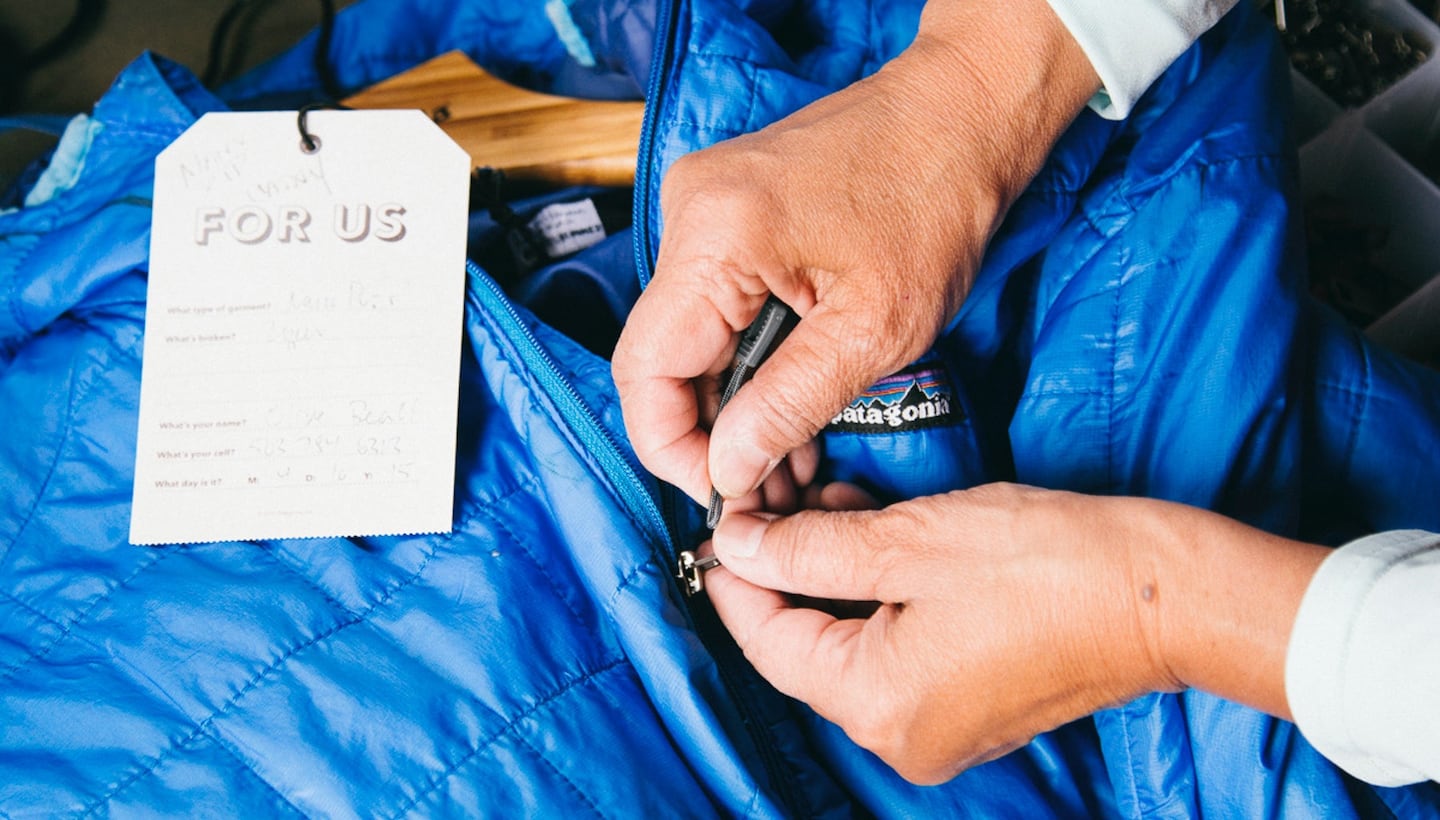
The Business of Fashion
Agenda-setting intelligence, analysis and advice for the global fashion community.

Agenda-setting intelligence, analysis and advice for the global fashion community.

Cambodian Female Workers in Nike, Asics and Puma Factories Suffer Mass Faintings (The Guardian)
"Over the past year more than 500 workers in four factories supplying to Nike, Puma, Asics and VF Corporation were hospitalised."
Is Sustainable Fashion Completely Pointless? (High Snobiety)
"It's an illusion that business can be expected to do the right thing through its own volition because the purpose of business is to turn a profit."
The Brands That Have Been Sustainable Since Before It Was Buzzy (Fashionista)
"Eileen Fisher, Alternative Apparel and Patagonia have been making environmental responsibility a priority for decades."
America's Massive Retail Workforce Is Tired of Being Ignored (Racked)
"Rather than hope for a Make America Great Again–style renaissance of manufacturing, retail workers — from Walmart to Bloomingdale's — are demanding that their existing jobs improve."
What Is Fast-Fashion Actually Doing About Sustainability? (Huffington Post)
"By applying pressure and threatening to withdraw contracts, retailers like H&M and Selfridges are using their power and influence to try and change the situation."
Europe’s Parliament has signed off rules that will make brands more accountable for what happens in their supply chains, ban products made with forced labour and set new environmental standards for the design and disposal of products.
Fashion’s biggest sustainable cotton certifier said it found no evidence of non-compliance at farms covered by its standard, but acknowledged weaknesses in its monitoring approach.
As they move to protect their intellectual property, big brands are coming into conflict with a growing class of up-and-coming designers working with refashioned designer gear.
The industry needs to ditch its reliance on fossil-fuel-based materials like polyester in order to meet climate targets, according to a new report from Textile Exchange.